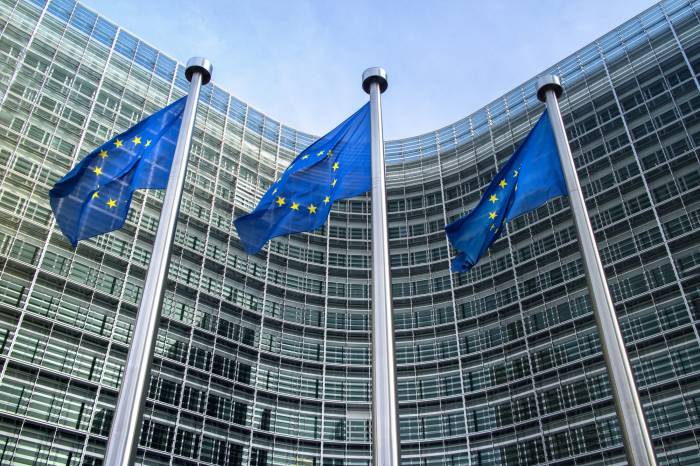The European Union approved the “Wine Package”
New rules target clearer labeling, faster crisis response, and greater financial flexibility for producers facing climate and market shocks
2025-11-06

The European Parliament’s Agriculture Committee approved a set of new rules for the wine sector on Wednesday, aiming to help wine producers adapt to changing market conditions and address ongoing challenges. The legislative package, known as the “Wine Package,” was adopted with 43 votes in favor, none against, and two abstentions. The proposal amends three existing European Union laws that regulate the wine industry, including the Common Market Organization Regulation, the CAP Strategic Plans Regulation, and the Aromatized Wine Products Regulation.
The new rules introduce clearer guidelines for wine labeling. Wines containing less than 0.05% alcohol by volume may now be labeled as “alcohol-free” and can use the term “0.0%.” Products with an alcohol content equal to or above 0.5%, but at least 30% lower than the standard for their category, must be labeled as “reduced alcohol.” These changes are intended to provide more transparency for consumers and flexibility for producers as they respond to evolving consumer preferences.
The package also offers more support for winegrowers facing exceptional circumstances such as natural disasters or plant disease outbreaks. Producers will have an extra year to plant or replant authorized grape varieties if they are affected by force majeure events. To ensure fair competition across EU member states, the committee included crisis management measures that allow for the removal of excess wine from the market through actions like grubbing up vines, crisis distillation, and green harvesting. These interventions can now be financed with EU sectoral funds.
Additionally, the ceiling for national payments supporting crisis distillation and green harvesting will be raised from 20% to 30% of each member state’s available funds. The report also allows unused funds allocated for sectoral interventions in the wine industry to be carried over from one year to the next, providing greater financial flexibility.
To address sudden or unexpected market disturbances—such as sharp price fluctuations—the committee wants to give the European Commission new tools to act quickly. The Commission could adjust or suspend imports or introduce temporary voluntary production reduction schemes if needed.
The package includes measures to protect wines with protected designations of origin (PDO) or protected geographical indications (PGI). Member states would be able to prohibit replanting of vines intended for non-designated wines in areas eligible for PDO or PGI production after grubbing up. However, vineyards classified as “heroic”—those facing exceptional cultivation difficulties due to environmental or structural factors—would be exempt from this rule.
Esther Herranz García, rapporteur for the proposal, said that the committee had improved an already strong legislative proposal by expanding tools available to address crises in the wine sector and increasing budgetary flexibility. She emphasized that negotiations with EU countries would begin soon, with hopes of reaching an agreement by year’s end.
The Agriculture Committee’s decision paves the way for talks with EU member states on finalizing the legislation. The negotiation mandate will be announced at a plenary session scheduled for November 12-13. If approved by Parliament, trilogue negotiations with the Council are expected to start on December 4.
The European Commission first presented this legislative package in March 2025 following recommendations from a high-level group on wine policy. The goal is to better align wine production with market demand, strengthen resilience against market and climate challenges, and open new opportunities for producers across Europe. The wine sector has faced significant difficulties in recent years due to shifting consumer preferences, climate change impacts, and trade challenges. The new rules aim to provide both immediate relief and long-term stability for European winegrowers.
Founded in 2007, Vinetur® is a registered trademark of VGSC S.L. with a long history in the wine industry.
VGSC, S.L. with VAT number B70255591 is a spanish company legally registered in the Commercial Register of the city of Santiago de Compostela, with registration number: Bulletin 181, Reference 356049 in Volume 13, Page 107, Section 6, Sheet 45028, Entry 2.
Email: [email protected]
Headquarters and offices located in Vilagarcia de Arousa, Spain.